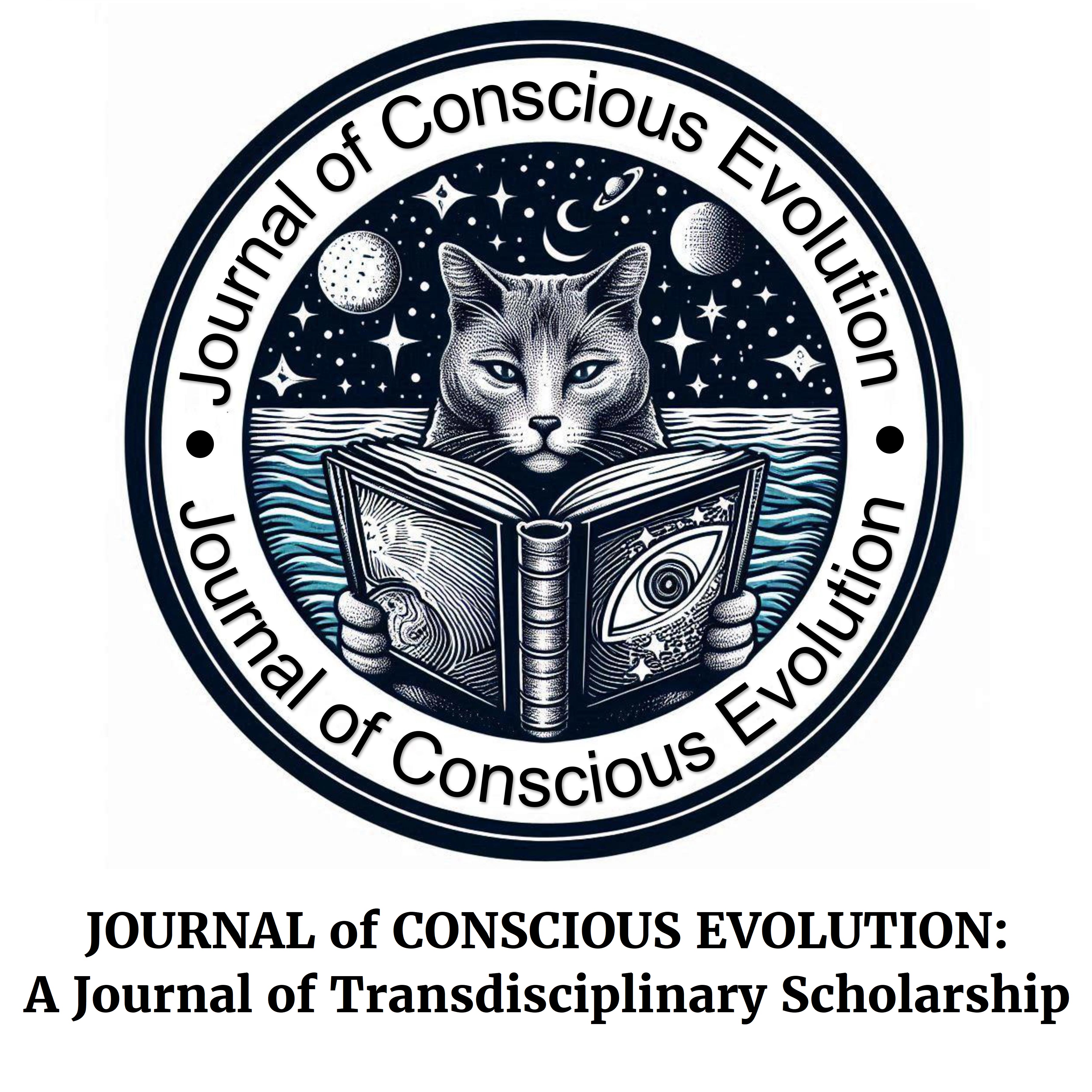
Abstract
This study explored participant’s assumptions regarding power of thought and analyzed examples they provided of powerful power of thought experiences. The method used was intuitive inquiry, which allows for both traditional and transpersonal research techniques to be employed. Each of the four participants produced an initial two page (aprox.) reflection, read each others reflections, and then produced a second two page reflection paper. Clarifying questions were then asked, and the final coding and analysis completed. Six strong themes between all study participants were uncovered: belief that it can work, complexity, guidance, unity, choice, and release. A shared cosmology was observed that centered around participant choice. Two types of choice, and hence methodological attitudes towards power of thought (PoT), were observed: volitional and non-volitional. Volitional PoT participants tended to actively and consciously attempt to control the process and typically viewed guidance received during it as helpful feedback to those ends. For non-volitional PoT participants the process was more centered on the concept of surrender or turning things over to a higher intelligence/power. Feedback for these participants related to developing and maintaining a sense of connectedness with this intelligence/power.
Recommended Citation
Martin, Jeffery. (2018). An Exploration of Powerful Power of Thought Experiences. Journal of Conscious Evolution, 3(3). https://digitalcommons.ciis.edu/cejournal/vol3/iss3/3
Included in
Clinical Psychology Commons, Cognition and Perception Commons, Cognitive Psychology Commons, Critical and Cultural Studies Commons, Family, Life Course, and Society Commons, Gender, Race, Sexuality, and Ethnicity in Communication Commons, Liberal Studies Commons, Social and Cultural Anthropology Commons, Social and Philosophical Foundations of Education Commons, Social Psychology Commons, Sociology of Culture Commons, Sociology of Religion Commons, Transpersonal Psychology Commons


